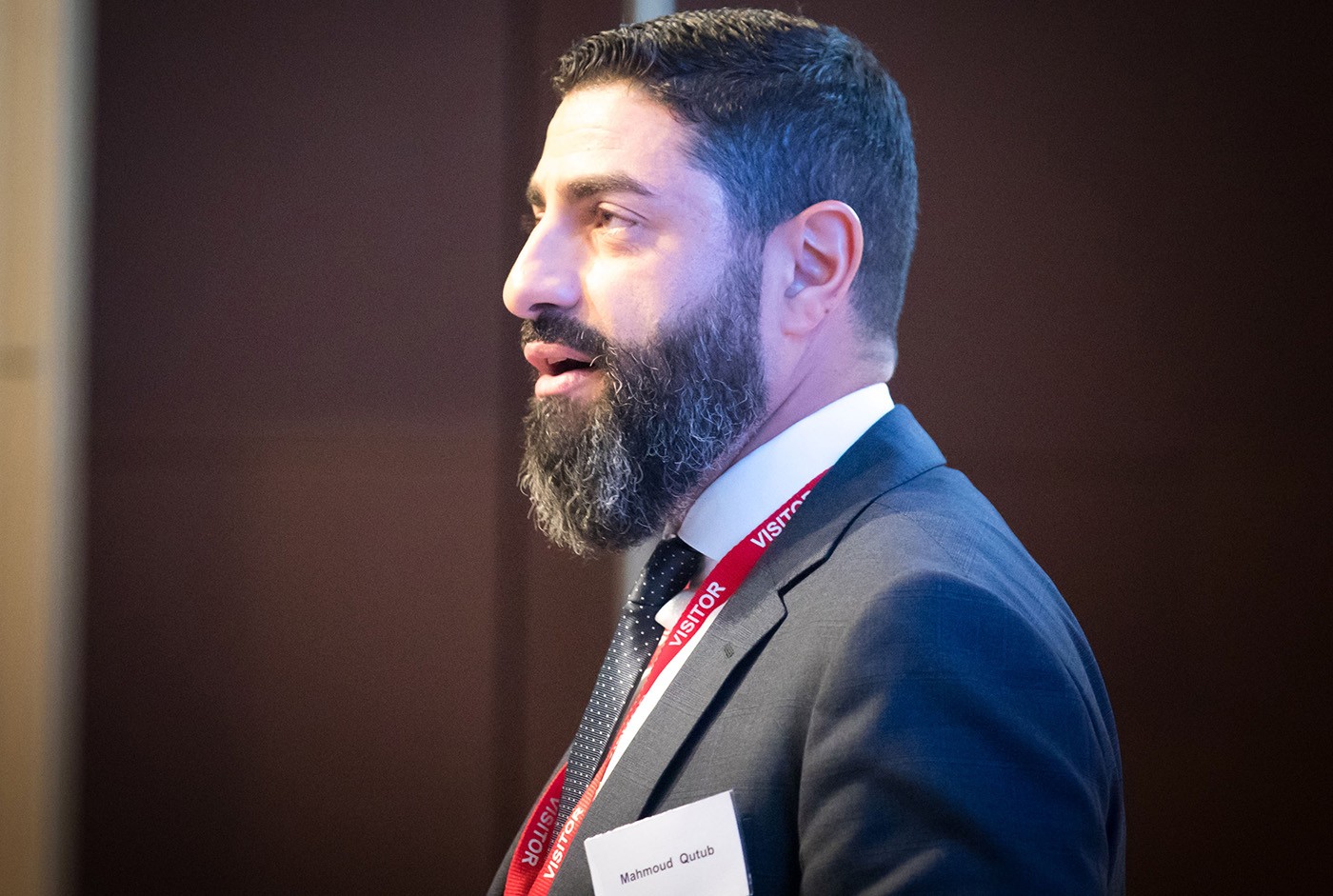.jpg)
_1-itok=GFMKQ6A9.jpg)
The Supreme Committee for Delivery & Legacy showcased the impact of the 2022 FIFA World Cup Qatar™ in tackling workers' welfare and helping to accelerate social change.
During two presentations in London last week, Mahmoud Qutub, the SC's Executive Director of the Workers' Welfare Department and Senior Advisor of the Special Projects Office, addressed UK industry experts attempting to tackle modern day slavery and the civil society members supporting these efforts.
At both the 4th Modern Slavery and Human Rights in Supply Chain Conference and the 20th Anniversary of Engineers Against Poverty, Qutub highlighted the success of the workers' welfare programme to date in addressing human rights and labour issues.
He said: "Events such as these help shine a light on complex global issues and allow us to gain insight from one another to make a meaningful impact.
"We have made concrete steps to address a number of crucial issues, including but not limited to ethical recruitment, health and safety, amplifying our workers' voices and using innovation to enhance the lives of our workers.
"It's important to share our progress with industry peers in order to showcase the impact that an event such as the World Cup can have on the welfare of workers."
A key theme during the presentations was the groundbreaking progress the SC has made on reimbursing fees that may have been paid by migrant workers during their recruitment process. This was also discussed extensively between the Supreme Committee and key stakeholders at a dedicated ethical recruitment workshop hosted by the NYU Stern Centre for Business and Human Rights the previous week.
Since the end of 2017, the SC has worked with 70 contractors involved in building 2022 construction projects to commit a projected QAR 51m to 20,000 workers over the next three years. The legacy of this drive to put money back in the pockets of workers is underlined by five SC contractors who rolled the scheme out to 8,000 workers with no involvement in SC projects.
Qutub added: "We are realistic enough to understand the issue hasn't been solved – and won't be solved by any one organisation – but we found a way to give back to the workers who may have experienced some form of exploitation in their home countries.
"Hopefully our efforts underline our determination to use the World Cup as a platform to drive the conversation."
Both events brought together a range of UK-based and international companies from a diverse range of industries joined by key stakeholders to discuss various issues relating to tackling modern day slavery and protecting the rights of workers.
The SC received positive feedback during both conferences after highlighting the success of the SC's grievance mechanisms including workers' welfare forums and hotline, and to showcase key initiatives such as the deployment of innovative cooling technology across SC projects, the Weill Cornell Medicine-Qatar nutrition programme, the extensive health and safety training carried out with Qatar International Safety Centre, and the introduction of digitised medical records across SC sites and accommodations.
Global companies including Balfour Beatty, Intercontinental Hotels Group, UNICEF, HSBC, the Body Shop, C&A and Siemens attended the 4th Modern Slavery conference.
Attendees at Engineers Against Poverty included the Minister of Public Works for the Government of Afghanistan H.E. Yama Yari, the Royal Academy of Engineering, the Institution of Engineers Rwanda and Alfredo Cantero, President of the Honduras Transparency Commission.

